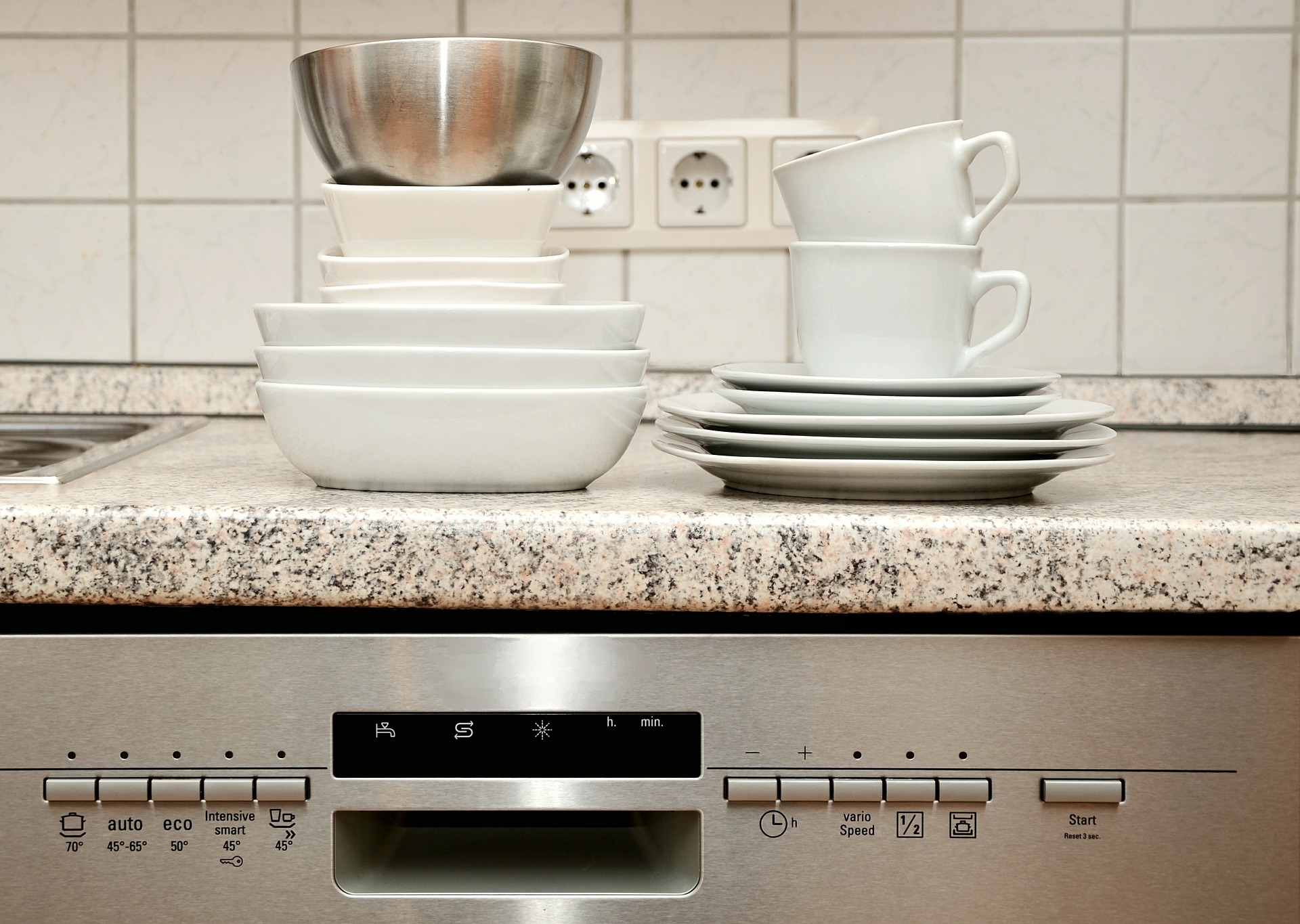
I like to calculate the average percentage discounts from the list price for ‘Sub of the Day’ offers at Subway to decide on what days to go there for lunch. Spoiler: It depends on where you live. Speaking of which – did you know that Subway on Isle of Man has a ‘Mango Chicken Tikka’ as their sub of the day on Tuesdays? But let’s get back on topic…
I buy all my socks on a single a day of the year to get an identical stack of socks so I don’t need to ever sort socks again. I organize my pantry in a system that’s based on FIFO accounting. And I notice how the way I load my dishwasher provides me with different analogies that line up nicely with good studying strategies.
Unlike a wasted can of diced tomatoes, a foot-long sandwich or a pair of socks, learning better actually can make an impact, so out of the abundance of little overly analytics things I take pleasure in doing, I opted to share this one. Also, unlike my sock project, this one actually has some basis in peer-reviewed research.
Rinse it Before You Wash It
Technically speaking, you don’t need to rinse plates before you put them in the dishwasher. Even though, you may still want to do it because otherwise it’ll fill up your dishwasher filter really fast (you do know that your dishwasher has a filter, right?). It turns out, with learning this is actually the same: If you need to work on some difficult material, research has shown that if you skim the contents first, or just even review the pictures in a chapter, you’ll dramatically increase your retention when it actually comes to reading or studying it. This ‘rinse before you wash’ approach to study material is also the very first suggestion in Dartmouth College’ guide to improving reading comprehension.
Don’t Wait Till the Last Plate
It’s tempting to not wash dishes until you run out of clean ones. That’s not unlike putting off studying until the night before a test. It’s pretty natural, considering your brain reacts to thoughts of doing something unpleasant in a way similar to experiencing physical pain. Yet that’ll end up with an over-crammed dishwasher that gets the job done badly. Research has shown that trying to study material over the course of spaced out intervals will dramatically increase retention rate, even if the overall time of studying is the same. Memories form and get reinforced while you sleep and exercise, just the way a dish washer runs while you’re out of the house.
Work Hard, Playlist Harder
Listening to music makes chores more fun. It also makes you more effective at completing them. While the idea of some upbeat music getting you to do something rather mundane like loading the dishwasher seems obvious, there are also benefits to more cerebral activities benefiting from music. As long as it is the right kind of music for the job. Apparently both classical and dance music can make you better at several things that require attention. That’s all the excuse I need to listen to this on a non-stop loop.
You Actually Need to Take the Dishes Out
There’s days when I’m essentially just taking dishes out the dishwasher as I need them – simply because I can’t find the 5 minutes in my day that it takes to properly put things in the cupboards. That’s about a step above of getting your clean laundry day by day out of the washing machine. It’s pretty obvious that taking the dishes out of the dishwasher is an essential part of the process. With learning it’s a bit less obvious. It has been shown that recalling what you learned (especially while you learning it) will significantly improve your retention. In other words, thinking about what you just read is a lot more effective than reading it again. Recalling is the mental equivalent of putting the dishes in the cupboard and storing them long-term. Psychology Today has a great article about that.
There are probably a lot more analogies that fit in that box under your sink. After all, managing attention, time and retention ability is just another multi-dimensional packing optimization problem, not unlike figuring out how to get a 36-piece of Tupperware family set washed in one go. I’ll leave that one for the time though when I go over the pros and cons of batch-making 5 liters of oatmeal porridge on a Sunday afternoon.

Leave a Reply
You must be logged in to post a comment.